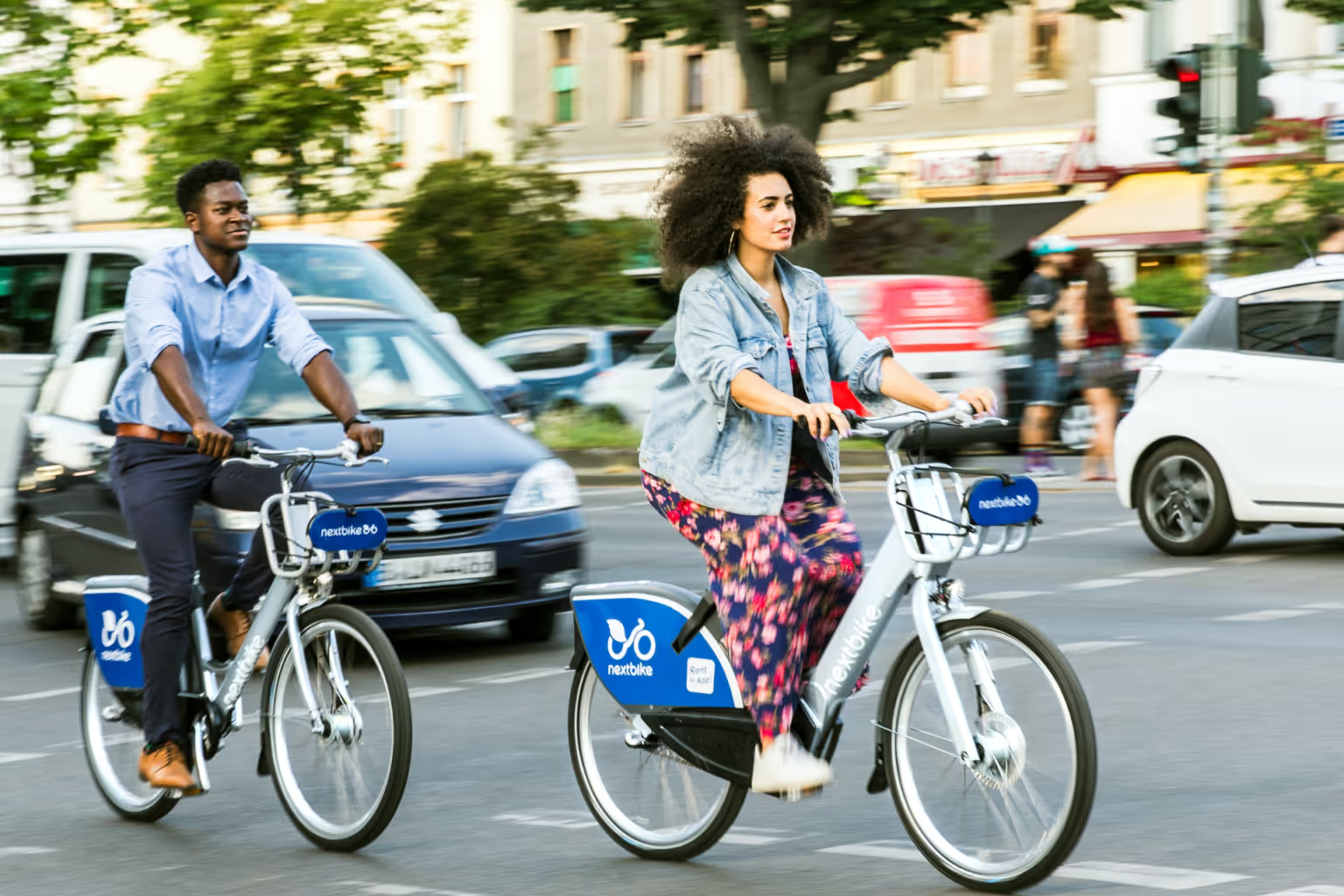Everything you need to know about corporate mobility
Would you like to think differently about your mobility policy?
In this guide, you'll find our advice and best practices for building your employee mobility offer in line with your employees' needs and your business challenges.







